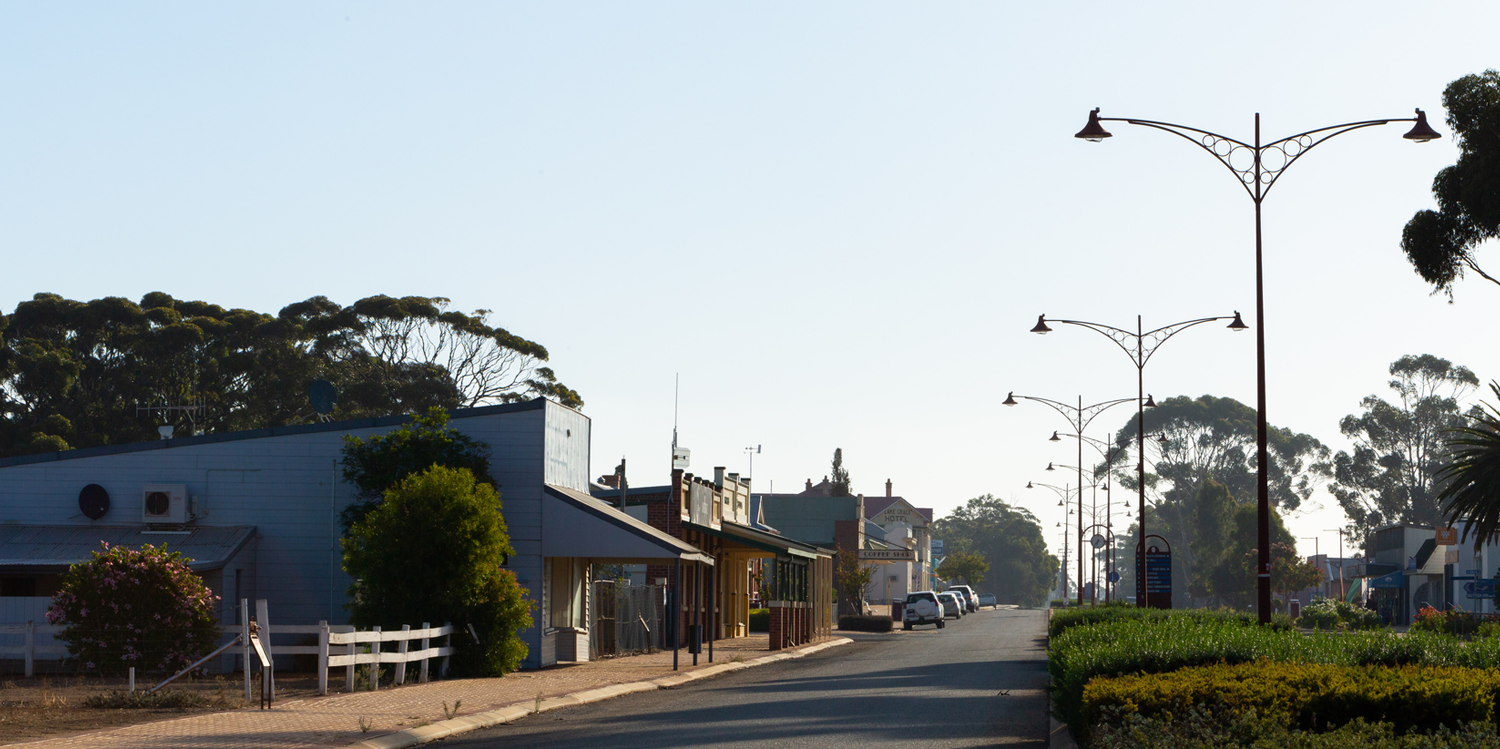 A group of six local governments from rural Western Australia are hoping to start a conversation around the issue of funding support for primary healthcare services in rural areas.
A group of six local governments from rural Western Australia are hoping to start a conversation around the issue of funding support for primary healthcare services in rural areas.
This action was prompted by the long-standing and growing issue being raised at this year’s National General Assembly of Local Government.
The Shire of Lake Grace, on behalf of six local governments in rural WA, called for reform to the distribution of Financial Assistance Grants to rural local governments supporting primary healthcare services.
Rural Health West said local governments were increasingly funding general practice and primary care to ensure access in rural communities.
RELATED: GP deserts putting patients and practitioners at risk
In 2023, Rural Health West partnered with the Western Australian Local Government Association (WALGA) to survey the extent of this support across WA.
It was found that 69 local governments were contributing $6.8 million (net) annually through financial and in-kind assistance to sustain local primary healthcare services.
More than three-quarters of this funding supported general practice of which 92% came from communities with fewer than 5000 residents.
Rural Health West chief executive officer Professor Catherine Elliott said the motion’s passing placed national focus on the pressing issue that affects communities across Australia.
RELATED: New WA policy to attract regional GPs
She said while local governments were well-placed to welcome and support health professionals, facilitate integration into communities, and foster the liveability that attracts and retains workforce, “they should not need to directly fund primary healthcare services.”
“Such arrangements are often the result of market failure – local governments step in not because it is their responsibility, but because they know these services are vital to the wellbeing, sustainability and vitality of their towns.”
Professor Elliott said the data we gathered with WALGA made clear what many in rural Australia already know – “local governments are propping up essential health services to meet their communities’ needs.”
She said the motion was a positive step towards broader recognition and was hopeful it would lead to greater engagement by Commonwealth and State governments in co-designing sustainable and fit-for-purpose solutions.
AMA (WA) President Dr Kyle Hoath addressed this issue in a recent Q&A with Medical Forum:
“We can’t keep expecting rural councils to pay huge subsidies to get just one doctor to town,” he said. “Both the State and federal governments should share that responsibility by providing practical incentives like housing support, relocation help and fair remuneration.”
Want more news, clinicals, features and guest columns delivered straight to you? Subscribe for free to WA’s only independent magazine for medical practitioners.
Want to submit an article? Email editor@mforum.com.au

